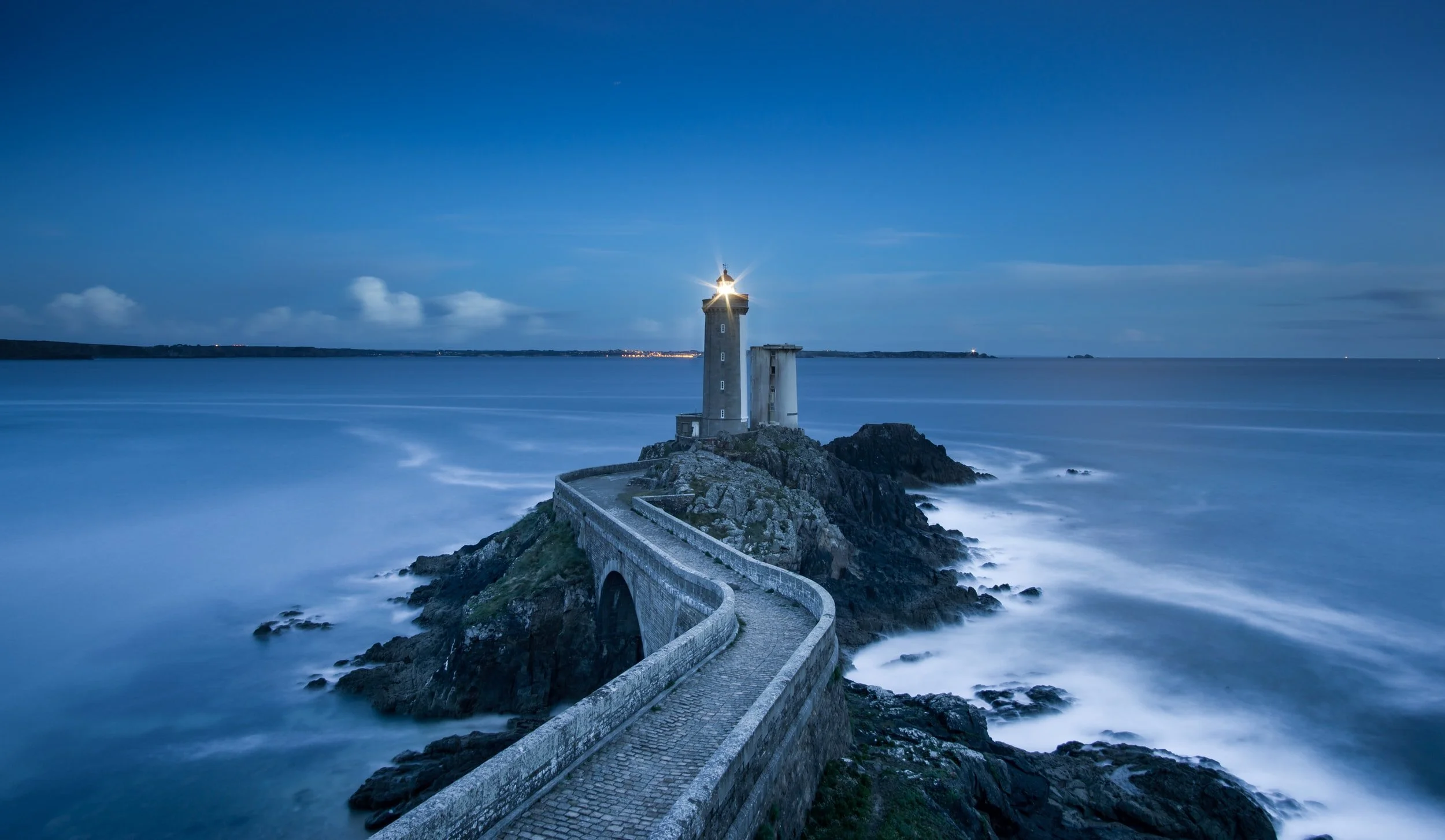The PATH: Finding Your Way, Eternal Now, and Infinite Gratitude
sent by J.W. Bertolotti | November 22, 2021
1. Finding Your Way
The poet and novelist Johann Wolfgang Von Goethe (1749–1832) provides insight into finding your path in life in the following passage.
Goethe wrote,
Everyone holds his fortune in their own hands, like a sculptor the raw material he will fashion into a figure. But it’s the same with that type of artistic activity as with all others: We are merely born with the capability to do it. The skill to mold the material into what we want must be learned and attentively cultivated.
In the new book, Daily Laws, author Robert Greene writes, you possess an inner force that seeks to guide you toward your life’s work. The first move toward mastery is always inward — learning who you are and connecting with this inner force. “Mastery is a process and discovering your calling is the starting point,” writes Greene.
There are many names for finding our path: e.g., calling, purpose or meaning to name a few. How to find our way in life is a perennial question that has been raised by many. The poet Mary Oliver asks: “Tell me, what is it you intend to do with this one wild and precious life?”
An interview with Stephen Cope, author of The Great Work of Your Life — revealed the importance of this question: What do you fear most in life? Your answer is worth contemplating. The theologian, Thomas Merton proposed, “What you fear is an indication of what you seek.”
Saint Ignatius of Loyola raised this point: Where do you feel most alive? Saint Ignatius suggested, “Wherever you feel most alive, that is when you are closest to God.” Whether or not the word God resonates with you, the question of “where do you feel most alive” is fertile ground to explore.
——
2. The Eternal Now
The philosopher Ludwig Wittgenstein (1889–1951) is generally considered one of the greatest philosophers of the twentieth century.
Wittgenstein wrote,
Death is not an event in life: we do not live to experience death. If we take eternity to mean not infinite temporal duration but timelessness, then eternal life belongs to those who live in the present. Our life has no end in the way in which our visual field has no limits.
What does it mean to live in the present moment? Is it even possible?
The list of philosophers, monks, and mystics urging us to live in the present moment is far too long to list. For example, the poet Emily Dickinson said, “Forever is composed of nows.” And according to Henry David Thoreau, we must find our eternity in each moment.
In the book Every Time I Find the Meaning of Life They Change it, author Daniel Klein reflects on Wittgenstein’s quote:
A number of philosophers have plausibly argued that ultimately the past exists only in a mental construct we call memory. The future only exists in a mental construct, too; it is something we imagine or project based on our experience that because things kept going on and in the past — one thing after another — they will keep going on that way in the future. In both cases, mental activities are happening in the present. So all we ultimately have is — the here and now.
——
3. Infinite Gratitude
The Roman statesman and philosopher Cicero called “gratitude not only the greatest of all virtues but the parent of all others.”
The French philosopher and writer Voltaire, known for his wit, once quipped,
Life is a shipwreck, but we must not forget to sing in the lifeboats.
How do we avoid taking things for granted amidst life’s challenges?
An interview with Kristi Nelson (author of Wakeup Grateful) uncovered the difference between gratitude and being grateful. Nelson explained, gratefulness is gratitude for life. It reminds us that, in simply being alive, we are always receiving. While gratitude — as we know it — needs something good to happen, gratefulness only needs us to be awake. “We do not need to do anything to feel grateful or wait for anything more. We merely need to allow ourselves to notice and be wowed by things we so often overlook and tend to take for granted in the lives we already have.”
The Benedictine Monk Brother David Steindl-Rast tells us,
You think this is just another day in your life. It’s not just another day it’s the one day, it’s the one day that is given to you today. It’s a gift it’s the only gift you have right now — and the only appropriate response is gratefulness.
The traditional gratitude practice scans our days to look for a few things to feel gratitude. Gratefulness works from the inside out — by taking nothing for granted. We have infinite gratitude available to us at all times by realizing the precious privilege to be alive — to breathe.
——
Thank you for reading; I hope you found something useful. If so, please consider sharing it with others.
Each week, we send a short reflection with three insights to help you live your highest good. If you are not a subscriber to The PATH you can sign up here to receive it right to your inbox.
Image credit: William Bout on Unsplash






